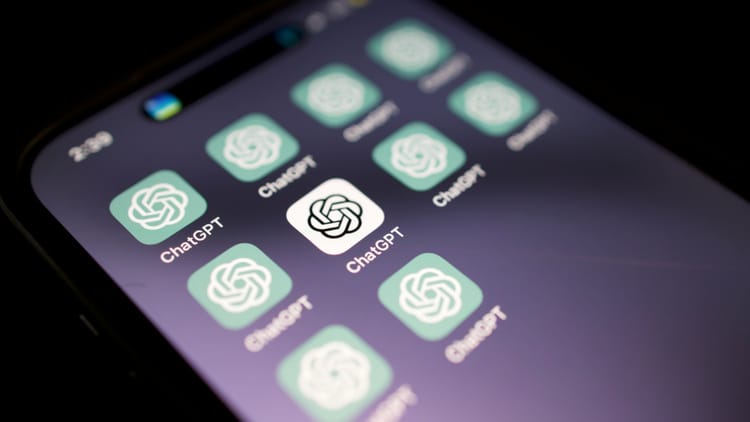The talking cure

The United States, the Centers for Disease Control and Prevention says, is in the middle of a mental-health crisis—with roughly 60 million American adults suffering from some kind of mental illness. Meanwhile, more and more people are turning to talk therapy. The practice has become so common that it can now seem like everyone has a therapist—or knows a close friend, neighbor, or family member who has one. When The Sopranos debuted in 1999, it was a surprising conceit that the main character was a mob boss who’d entered therapy; today, no one would find it the least bit unusual.
Between 2018 and 2021, the number of Americans receiving outpatient talk therapy increased from 16.5 million to almost 22 million. That means about 8.5 percent of the American adult population is in talk therapy. And people are increasingly sticking with it, going to repeated sessions rather than just trying it once or twice.
Why?
Carlos Blanco is a psychiatrist specializing in talk therapy and psychopharmacology. Blanco sees several factors at play. U.S. legislators have passed a number of laws ensuring that people with mental-health problems can get the same level of treatment that people with physical problems do. And as Americans have become more and more conscious of the efficacy of talk therapy, it’s become less and less stigmatized. Plus, the rise of online therapy has made therapy altogether more accessible than it’s ever been before.
Meanwhile, the way psychiatrists practice talk therapy has changed. An older, more paternalistic mindset—according to which the psychiatrist more or less simply gives the patient a standardized treatment protocol—is on its way out; today, psychiatrists and patients tend to work together to tailor treatments to the patients’ distinctive circumstances and needs. Which, Blanco says, seems to have changed people’s relationship to therapy on a whole other level …
Gustav Jönsson: What exactly is talk therapy?






